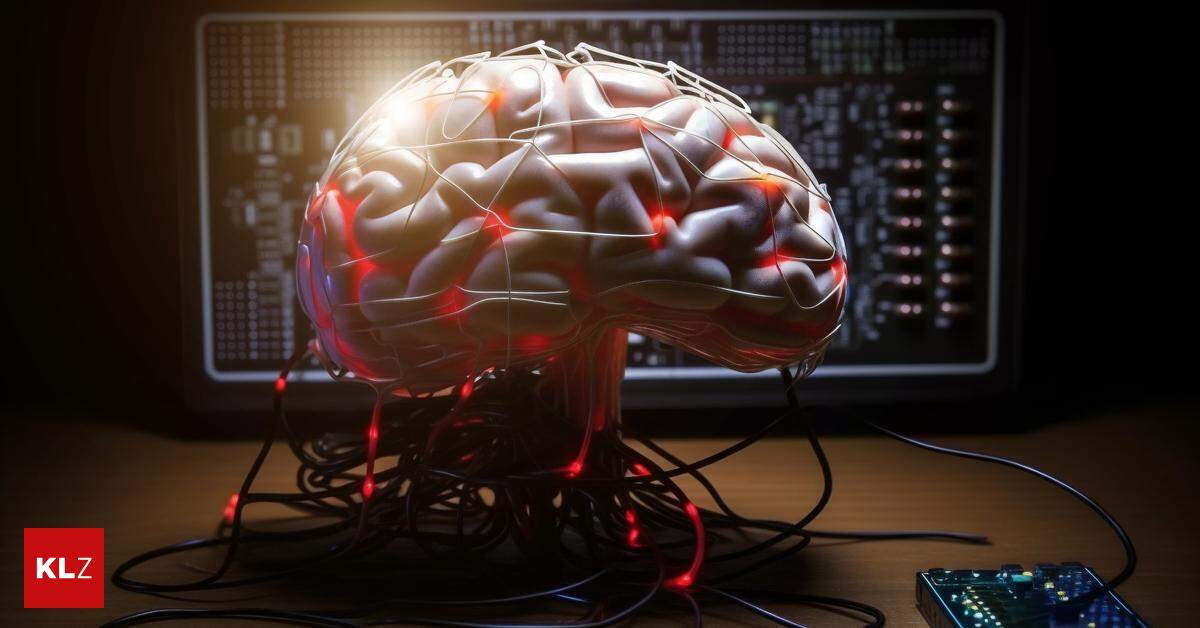Almost exactly two years after the chatbot ChatGPT was released to the public, demand continues unabated. For September, OpenAI, the company behind the bot, reported a new record of 3.1 billion visitors. A value that is 112 percent higher than the previous year and puts ChatGPT ahead of Microsoft’s search engine Bing for the first time.
At the same time, the rise of artificial intelligence has long since emancipated itself from the great dam breaker. In Germany, for example, a spectacular collaboration is emerging between the Federal Employment Agency, the equivalent of the Austrian AMS, and the AI start-up Aleph Alpha. This has been considered a major European hope for a technology dominated by US corporations for some time, but has recently come under criticism because of doubts about the technology and financing. But now the employment agency is expected to spend a total of up to 19 million euros on products and services from the German start-up led by founder Jonas Andrulis.
When the AI writes the notice
This also has to do with demographics and the fact that around 35 percent of the current 115,000 employment agency employees will retire by 2032. AI should help close this gap. According to the agency, initial tests have also shown potential for efficiency. Formulating notifications, for example, is said to be 30 percent faster thanks to AI.
Sony researcher Michael Spranger © Sony
But there is also a lot going on on the other, darker side of common AI technology. The New York Times – which is already involved in a potentially groundbreaking legal dispute with OpenAI and Microsoft – sent the AI search engine Perplexity a cease-and-desist notice because it identified a copyright infringement. In keeping with this, the story of the… former OpenAI employee Suchir Balaji public, who is also convinced that the company is violating copyrights. And knowingly.
“Ethical AI models are needed”
It is one of the points that is also close to Michael Spranger’s heart. Spranger, a native of Germany, is now operationally responsible for the AI division of the Japanese giant Sony – “We want technology to help people, we pursue a human-centered approach.” In Austria, Spranger spoke on the topic of artificial intelligence at the invitation of the Chamber of Commerce.
“We will see a lot of movement in the area of data. And that is necessary. Ethical AI models are needed,” says Spranger in an interview with the Kleine Zeitung. The question of “how you can finally create data sets that respect copyrights” is essential.
10 to 20 years of apprenticeship
Even the researcher, who has been intensively involved with the technology for decades, is surprised by the speed of the current AI revolution. “ChatGPT didn’t fall from heaven, but the performance of the models has improved extremely quickly,” says Spranger. Where will technology per se take us? Spranger is convinced that “we will spend ten to 20 years understanding where and how best to use AI.” We are currently in an experimental phase in which “many more people” need to enter.
Spranger is critical of the currently much-discussed principle of an approaching superintelligence, an AGI (“Artificial General Intelligence”). In other words, an AI that can handle general intellectual tasks at the level of a human brain. “I’m not a fan of this concept,” says Sony’s AI boss to the Kleine Zeitung. “It’s the wrong direction. We should think about technology as a tool and not as a human copy,” says Spranger. The “existence-threatening” AGI debate would also “distract from much more important issues”.

